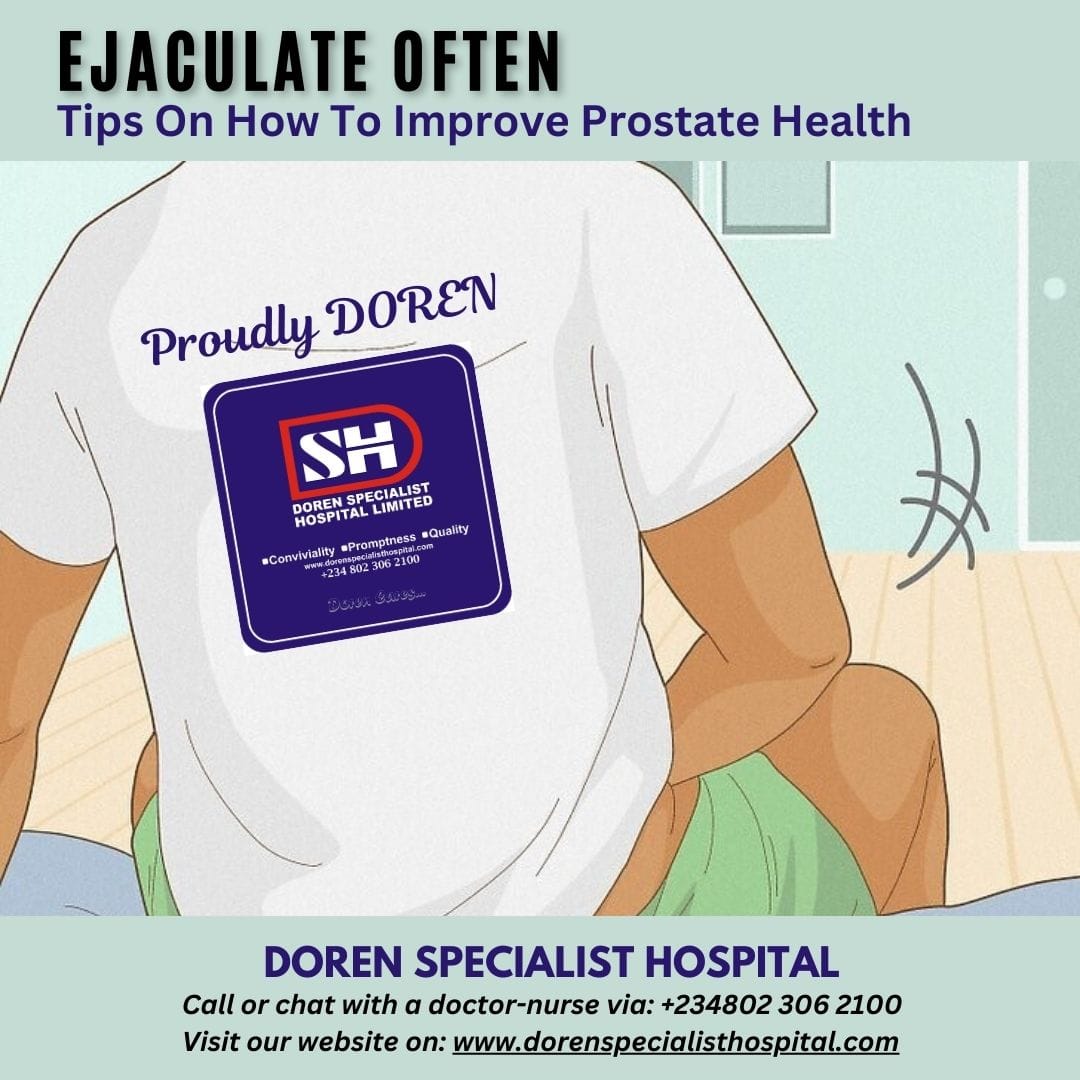MAKING DIETARY CHANGES
(Eat whole grains and more fruits and vegetables.)
Choose whole-grain bread and pasta over white bread and pasta. Make sure to get at least five servings of fruits and vegetables every single day. Include produce high in lycopene, a powerful antioxidant, such as red peppers and tomatoes. Lycopene is what makes fruit and vegetables red, and has been proven as a cancer-fighting ingredient. In general, the deeper and brighter the color of your produce, the better.
There are currently no guidelines as the amount of lycopene you should try to get each day. However, research indicates that for lycopene to make any difference, you would need to eat lycopene-foods all day to get the amounts needed.
Cruciferous vegetables such as broccoli, cauliflower, cabbage, Brussels sprouts, bok choy and kale, and also okro are also good defences against the development of cancer. Some controlled studies have found a link between increased ingestion of cruciferous vegetables and reduced risk of prostate cancer, although the evidence is merely associative at this point
TAKE SUPPLEMENTS.
Cancer research has emphasized the importance of getting your nutrients from food instead of vitamin supplements whenever possible. However, there may be cases where a supplement is a better option for you. Be sure to discuss any supplements you are taking or thinking about taking with your physician.
Take zinc supplements. Many people do not get enough zinc in their diets, and supplements can help keep your prostate healthy. Research has demonstrated that zinc deficiencies can lead to enlarged prostates and that zinc plays a role in the progression of prostate cells to malignancy. You can take zinc to reduce an enlarged prostate.
KNOW THE SYMPTOMS OF A POTENTIAL PROSTATE PROBLEM SUCH AS BLOOD IN YOUR URINE
These include erectile dysfunction, blood in your urine, pain when you urinate or have sex, pain in the hips or low back, or always feeling like you need to urinate.
However, prostate cancer is often asymptomatic, at least until it has spread to affect other parts of the body, such as the bones. Patients diagnosed with prostate cancer rarely report the above symptoms of incontinence, blood in the urine, impotence, etc.
EJACULATE OFTEN.

Although for a long time, researchers believed that frequent ejaculation during sex, masturbation, or even a dream increased men’s risk of developing prostate cancer, newer research is suggesting in fact, that frequent ejaculation may actually protect the prostate. Researchers suggest that ejaculation may help to flush out carcinogens in the prostate glands as well as help fluids in the prostate turn over more quickly to reduce cancer risk. In addition, regular ejaculation may also help to reduce psychological tension, which can slow the growth of cancer cells.
That said, this research is still in its early stages and researchers have said that it’s too soon to yet make a formal recommendation on male sexual habits. It’s unclear, for example, how often someone should ejaculate to see these benefits. These researchers do suspect, however, that ejaculation frequency accompanies other indicators of a healthy lifestyle, including a healthy diet and regular exercise.
LIMIT YOUR ALCOHOL, CAFFEINE, AND SUGAR INTAKE.
Though you don’t need to entirely cut out caffeine from your diet, try to limit how much you ingest. For example, limit yourself to one to two 4-ounce cups of coffee per day. The same goes for alcohol; try to view it as a treat and stick to a couple of small glasses a week.
Avoid sugary (sometimes also caffeinated) drinks like sodas and fruit juices. These have nearly zero nutritional benefit.
INCREASE THE AMOUNT OF SOY IN YOUR DIET
The properties of soy, which is found in many vegetarian dishes, fight cancer. Sources of soy include tofu, soy nuts, and soy flour and soy powders. Swapping cow’s milk for soy milk in your cereal or coffee is one way to get more soy into your diet.
Note that recent research has found soy beans and some other specific products, such as tofu, to be preventive in prostate cancer. However, this cannot be extrapolated to all soy products, including milk. There are also no current anecdotal or evidence-based guidelines on the amount of soy you should try to incorporate into your diet.
BE MORE SELECTIVE IN YOUR CONSUMPTION OF PROTEIN.
Cut back on how much red meat you eat, including beef, pork, lamb and goat. It’s also a good idea to limit your consumption of processed meats, like sandwich meat and hot dogs.
Instead of red meat, eat fish with high levels of omega-3 acids, including salmon and tuna. These foods will help your prostate as well as your heart and immune system. The research about the relationship between dietary fish intake and prostate cancer prevention is largely based on correlative data and namely, the fact that the Japanese have so few cases of prostate cancer and eat large amounts of fish. Whether there is a causal relationship is still being debated.
Beans, skinless poultry, and eggs are also healthy options for protein.
Call or chat via whatsapp with a doctor-nurse via: +234802 306 2100
Email us via: info@dorenspecialisthospital.com
Visit our website on: www.dorenspecialisthospital.com


